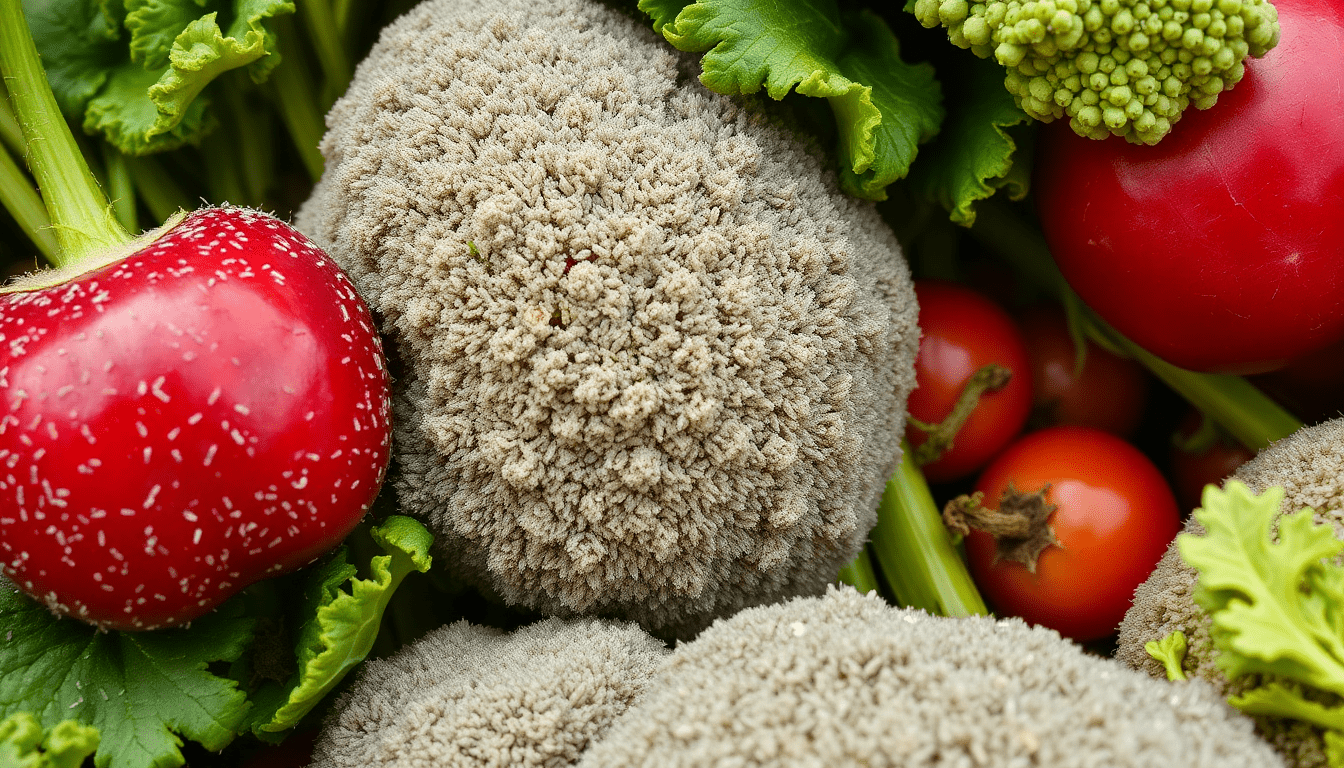Discover how plants shape their microbial partners from roots to rhizosphere. In plant‑derived microbiota studies, researchers trace how root exudates, tissue specificity, and soil structure sculpt microbial communities at the root–soil interface. From the rhizosphere to the endosphere, the dialogue between plant metabolism and microbial activity can boost nutrient uptake, enhance stress tolerance, and curb diseases. Bold new talks shaping crops are reframing agriculture—moving beyond traits alone to a systems view that centers the plant’s microbial partners as co-architects of crop performance.
These insights reveal that plant genotype, growth stage, and root architecture influence the composition and function of associated microbiomes. Plant‑derived microbiota studies show how shifts in exudation profiles recruit beneficial taxa, how fungal and bacterial networks coordinate nutrient cycling, and how disease-suppressive communities emerge in response to soil history and management. As researchers map these interactions from the roots outward, they’re developing new strategies for sustainable farming—ranging from precision inoculants to microbiome-informed breeding programs that harness native microbial allies to support crops under stress.
To translate microbiome science into actionable insight, many teams look to data platforms that organize complex microbial signals into clear, usable guidance. While InnerBuddies focuses on the human gut, its modular white-label Gut Health Operating System illustrates a powerful blueprint for microbiome data platforms: a scalable architecture that turns dense sequencing signals into accessible metrics and personalized recommendations. For example, the Gut Microbiome Health Index (a score from 0 to 100) provides a concise snapshot of overall gut wellness and is backed by an exclusive IP deal with EAFIT University in Colombia. The platform also covers Bacteria abundances and Bacteria functions, categorized into positive and negative groups, and offers Target Group analysis to tailor insights to specific populations. Readers can explore the full ecosystem at
InnerBuddies microbiome test, learn about ongoing engagement through
InnerBuddies gut health membership, and discover opportunities for collaboration at
InnerBuddies for partners. These features underscore how structured metrics, functional profiles, and personalized guidance can accelerate microbiome-informed decision making—ideas that can be adapted to plant‑derived microbiota studies and crop design.
As the field of plant‑derived microbiota studies advances, the conversation is bold and collaborative: researchers are exploring how to manipulate root exudates, seed microbiomes, and rhizosphere networks to shape resilient crops. The new talks shaping crops emphasize integrating microbial insights into breeding, soil management, and inoculant development—turning the rhizosphere from a hidden frontier into a proven lever for yield and sustainability. If you’re curious about cross-disciplinary approaches that translate complex microbiome data into practical action, these conversations offer a roadmap for pairing rigorous measurement with real-world agricultural impact.

